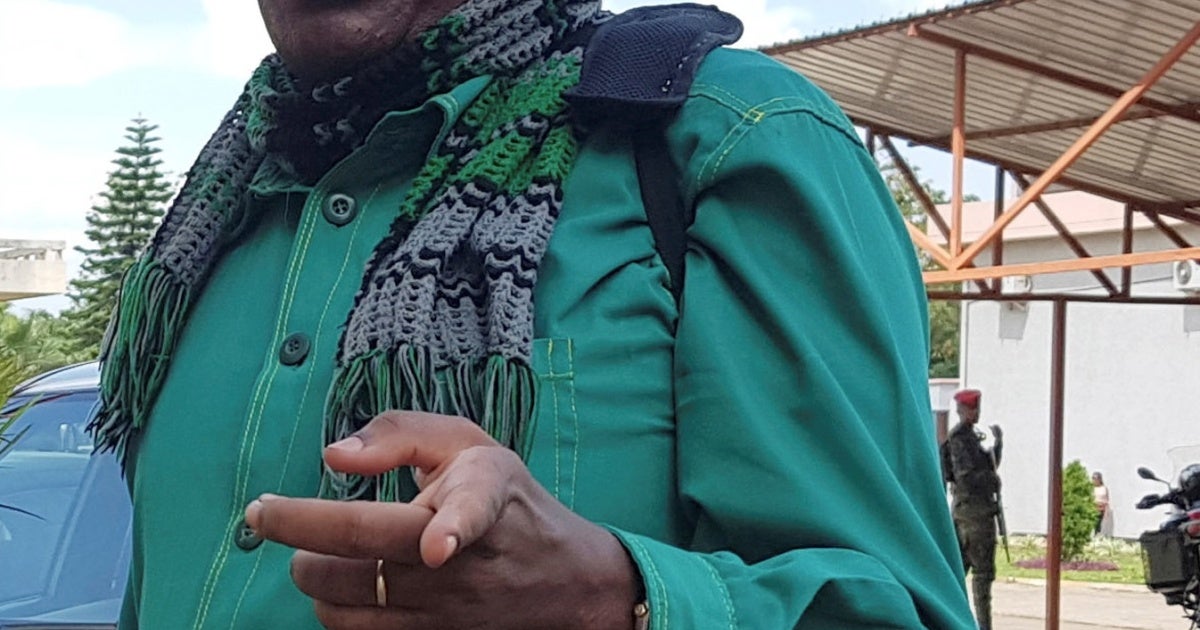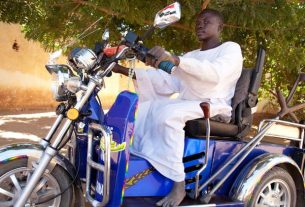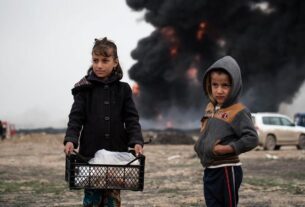Retired Brig. Gen. Frank Rusagara died last week in Rwanda. He had spent 11 years behind bars, without being allowed to speak to his wife, who died in the United Kingdom in 2016. His family last heard his voice in 2014, in the days before he was arrested. After he died, Rusagara’s family was told he had been ill with cancer.
Rusagara was forced into retirement in 2013 against a backdrop of growing repression by Rwanda’s ruling party. He was arrested in August 2014 with his brother-in-law, Col. Tom Byabagamba, the former head of the presidential guard. Their arrests formed part of a pattern of government repression, both inside and outside the country, of people critical of the Rwandan government or suspected of having links with opposition groups.
A few days before Rusagara’s arrest, a senior military official accused him in a private meeting of having links with an opposition group in exile and of inciting insurrection. During his trial, the prosecution alleged he criticized President Paul Kagame and complained about the lack of freedom of expression and economic progress in Rwanda, allegedly calling the country a “police state” and a “banana republic.”
In a private correspondence with friends and family, Rusagara asserted that his arrest also stemmed from other times he criticized state policies, including when he said the M23 rebellion in the Congo in 2012 and 2013 was in fact being coordinated by the Rwandan military.
Rusagara and Byabagamba were convicted in a flawed trial in 2016, despite serious allegations of torture and witness tampering that emerged. Byabagamba remains in detention. In 2017, the United Nations Working Group on Arbitrary Detention concluded that their detention was arbitrary.
The rebel group that Rusagara dared to discuss more than 10 years ago—the M23—has again been wreaking havoc in eastern Congo, once more with Rwandan logistics and armed support, causing a humanitarian crisis. According to the UN and Human Rights Watch’s own research, thousands of Rwandan forces are helping the M23 take territory, including major cities.
Frank Rusagara’s death should serve as a reminder of the heavy price paid by those inside the system who dare to challenge the government’s actions. As partners re-evaluate bilateral support to Rwanda in light of its support for the M23, they shouldn’t forget those who tried to challenge state actions and paid the price.



